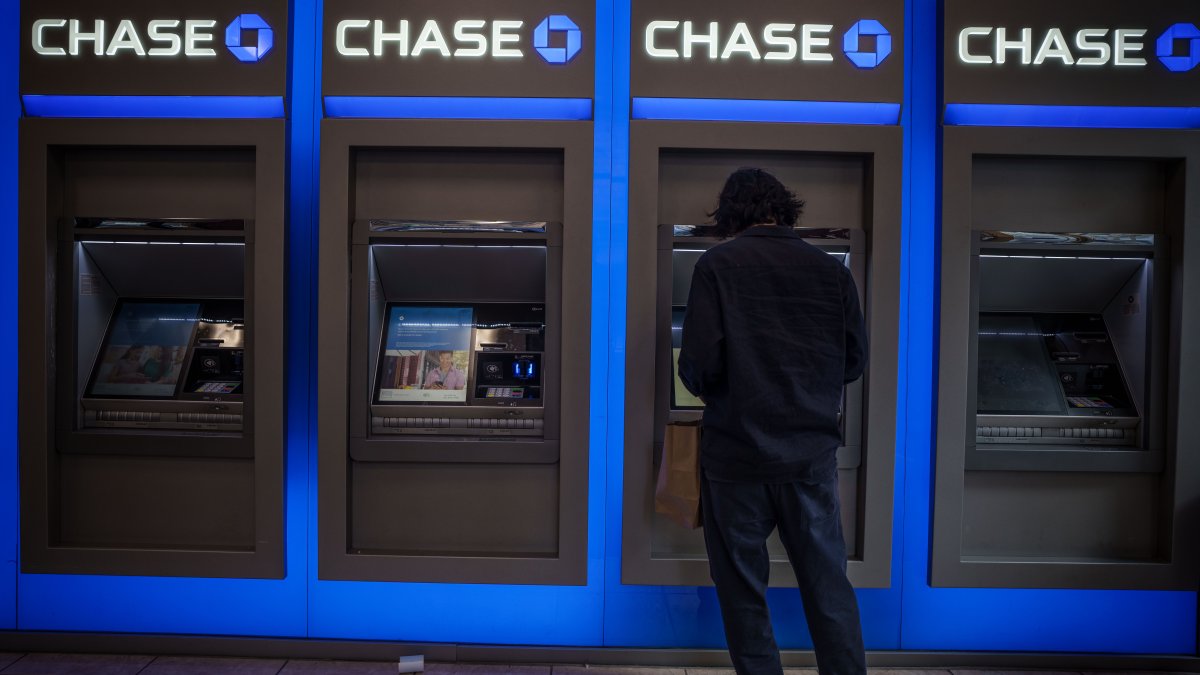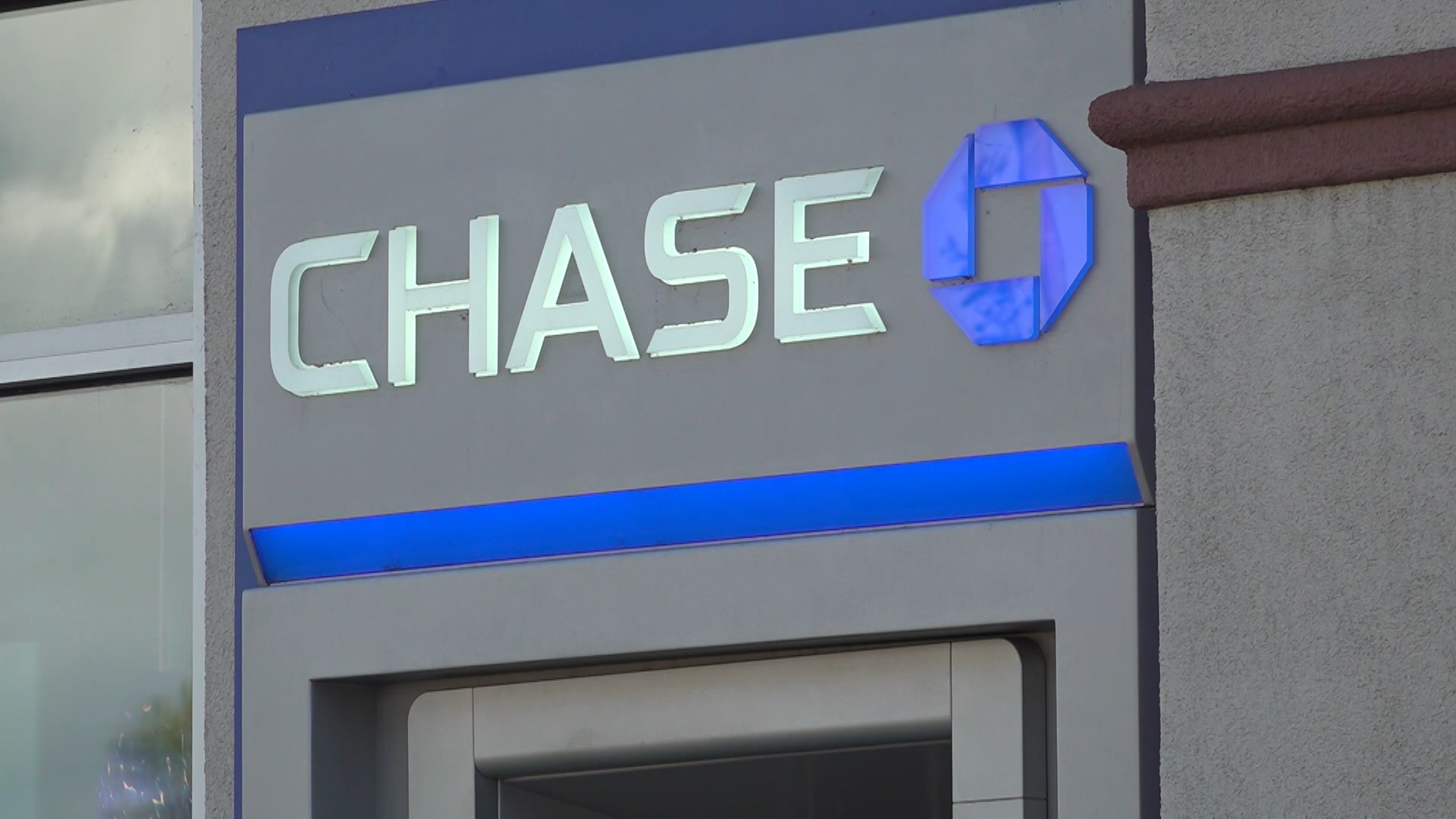Could a simple TikTok trend lead to federal charges? It appears so, as JPMorgan Chase aggressively pursues customers who allegedly exploited a so-called "infinite money glitch" to defraud the bank last year, highlighting a concerning intersection of social media trends and financial crime.
The "glitch," as it was termed, involved depositing fraudulent checks via ATMs and then quickly withdrawing the funds before the bank's systems flagged the check as illegitimate. This exploit, fueled by viral videos showcasing the alleged ease of acquiring "free money," has quickly morphed from a quirky internet trend into a serious legal quagmire for those involved.
The scale of the alleged fraud is considerable. In one Texas case within the Texas Southern District Court, a Houston man, Timipah Ikemi, stands accused of depositing a staggering $335,000 fake check and successfully withdrawing $290,939 before the deception was detected. This single case illustrates the potential for significant financial loss that JPMorgan Chase is grappling with.
- Discovering Maria Sanchez A Journalist Athlete More
- Tragic Tale Of Squirrel Dad From Rescue To Heartbreak
Adding another layer to the narrative, the bank claims that a "masked man" deposited a check for $73,000 into a defendant's Chase account. Subsequent to the deposit, Chase asserts it made multiple attempts to contact those implicated in the scheme and alleges an outstanding debt of $57,847.69, an amount JPMorgan Chase is determined to recover should the individuals be found culpable.
JPMorgan Chase's response has been swift and decisive. The bank is actively collaborating with law enforcement agencies to recoup not only the stolen funds but also to cover overdraft fees and legal expenses incurred as a result of the widespread fraud. This aggressive pursuit underscores the bank's commitment to deterring future criminal activity and protecting its assets.
For many, the allure of easy money proved irresistible, fueled by social media platforms amplifying the alleged opportunity. However, the reality for those caught in the web of this "glitch" is far from glamorous. Numerous users have reported massive overdraft debts and the freezing of their bank accounts, painting a stark picture of the consequences of participating in the illicit scheme.
One Chase customer even shared a video displaying nearly $40,000 in deductions from his account, allegedly stemming from his involvement in the "glitch." Such accounts serve as cautionary tales, underscoring the potential financial devastation that can result from engaging in fraudulent activities, even those initially perceived as harmless exploits.
The bank has been unequivocal in its assessment of the situation, labeling the trend as "fraud, plain and simple." The core of the "Chase glitch" involves depositing a faulty check, exploiting the time lag before the bank identifies the fraudulent nature of the deposit. This temporary window of opportunity was seized upon by many, enticed by the prospect of quick financial gain.
Beyond the immediate financial repercussions, participants in the "Chase bank glitch" could potentially face severe legal ramifications. Check fraud, particularly when the amount withdrawn exceeds $500, is classified as a felony in many jurisdictions. This legal reality adds another layer of risk for those who engaged in the scheme, transforming a seemingly harmless online trend into a potentially life-altering legal battle.
In late 2023, the viral TikTok trend exploded, promising users a way to withdraw money without sufficient funds by exploiting a supposed weakness in Chase Banks systems. What was presented as a clever trick was, in reality, a revival of financial fraud, carrying significant legal and ethical implications. JPMorgan is currently investigating thousands of cases connected to the glitch, which demonstrates the potential of social media to worsen vulnerabilities within a bank.
It remains unclear exactly how many Chase Bank customers attempted to capitalize on this viral glitch. Reports surfaced nationwide of long lines forming outside Chase branch locations, as individuals sought to exploit the perceived vulnerability in the bank's system. However, the exact number of participants remains elusive, highlighting the challenges in quantifying the scope of the fraud.
As of February 29, 2024, individuals were still reportedly lining up at ATMs in New York City to try and game the system. This persistence, even after the bank publicly addressed the issue, underscores the enduring appeal of get-rich-quick schemes and the influence of social media in disseminating such trends.
Chase Bank has publicly stated that it is meticulously reviewing all incidents of individuals who may have taken part in the viral online check fraud glitch trend and is referring them to law enforcement. This proactive approach highlights the bank's determination to hold those responsible accountable for their actions and to send a clear message that such behavior will not be tolerated.
The bank acted swiftly to address the issue, fixing the supposed "glitch" and denouncing the activity as fraud. However, the fallout from the incident continues to unfold, with JPMorgan Chase working diligently to clean up the mess left behind by the widespread exploitation of its banking system. The case serves as a stark reminder of the ever-present threat of fraud in the digital age and the importance of vigilance in safeguarding financial institutions and their customers.
An infinite money glitch went viral on social media recently, encouraging numerous Chase Bank customers to cash counterfeit checks to themselves. The bank swiftly remedied the issue, identifying the actions as fraudulent.
Thats what the fraud team at Chase Bank are discovering as they continue to clean up the mess associated with the popular TikTok trend of exploiting a glitch in the Chase banking system.
The episode highlights the lengths JPMorgan Chase, the biggest U.S. bank by assets, will go to claw back funds it is owed and to deter future crimes.
According to Today, many Chase customers who allegedly participated in the trend posted videos of themselves cashing the fraudulent checks. Some of the videos allegedly encouraged viewers to take advantage of the glitch themselves.
Fox13 has yet to learn of any specific cases in their viewing area, highlighting the geographically dispersed nature of the scam and the challenges in tracking down all those involved.
Money reports the people who took part in the Chase bank glitch could now face charges. Check fraud is a felony if the amount withdrawn surpasses $500.
JPMorgan is investigating thousands of cases related to the glitch, which highlights the risk that social media can amplify vulnerabilities found at a bank.
- Do Pets Go To Heaven Exploring Faith Amp Furry Friends
- The Hamptons Apartments Your Las Vegas Home Awaits


